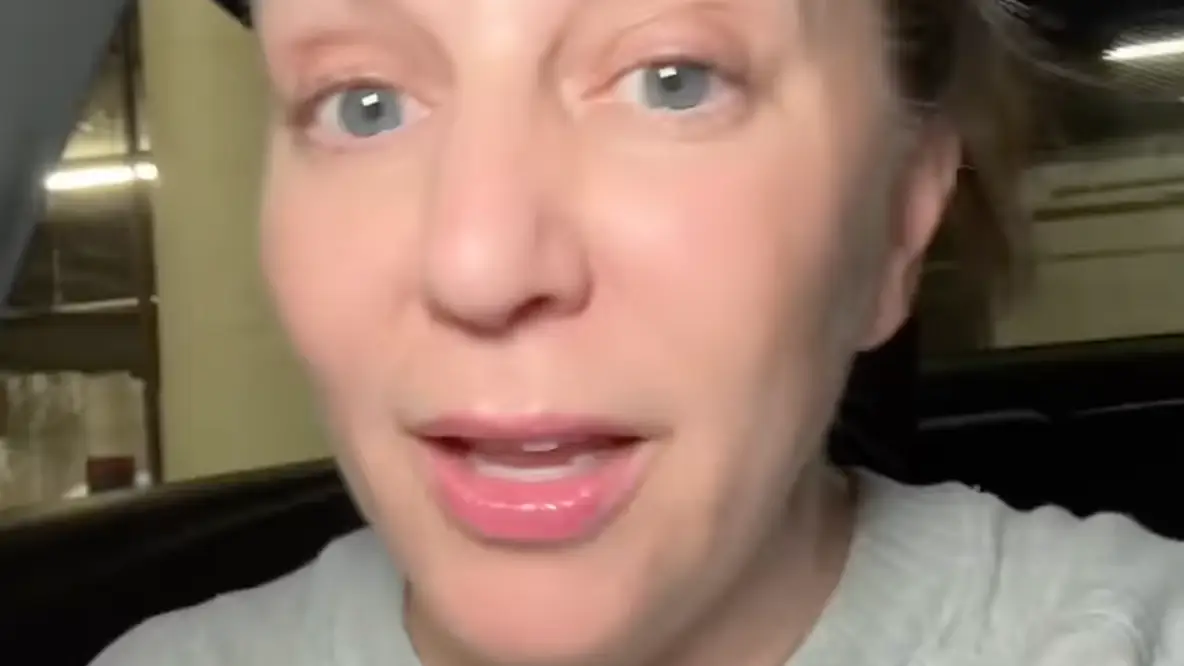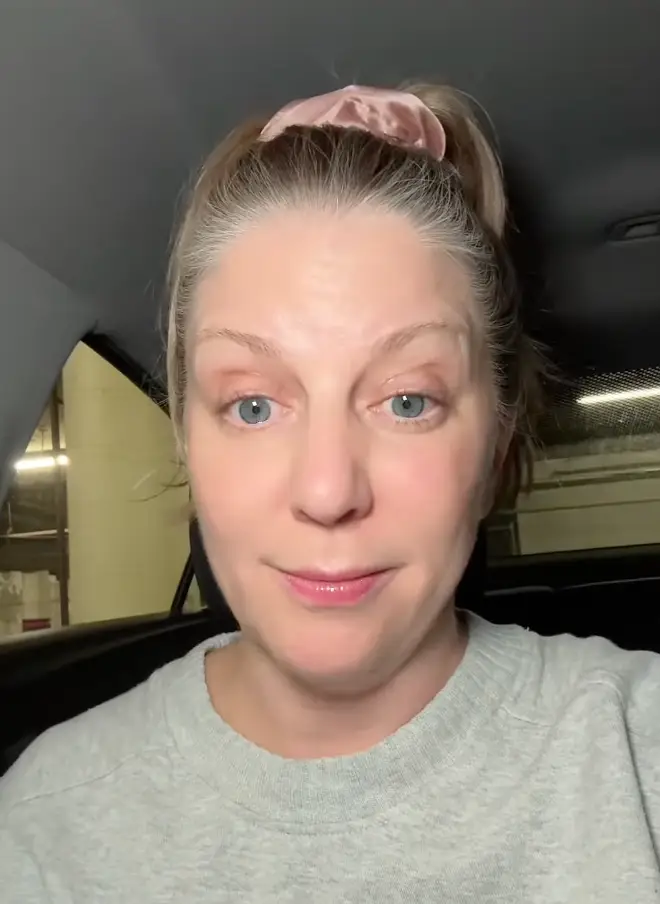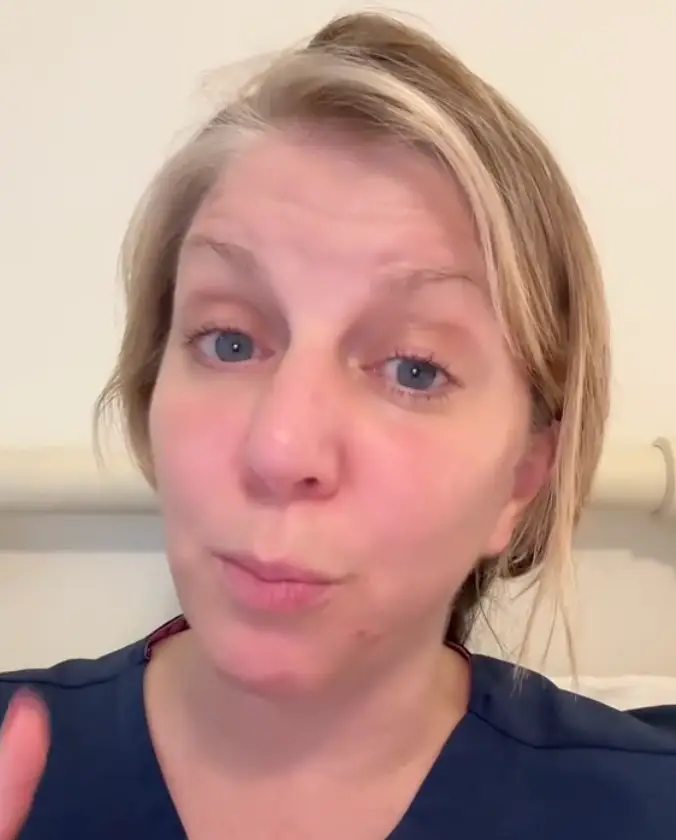A nurse who helps care for people at the end of their lives has spoken out about some of the more unnerving things people do before they die in an effort to help loved ones be 'prepared'.
Julie McFadden has made it her mission in life to try and help people 'understand the process of dying', in turn hoping to 'alleviate the fear and stigma around death'.
She regularly shares insights to people's final moments in her videos posted online, and has even written a book on the subject to help people understand the reality of dying.
In one post, McFadden opened up about the 'two most disturbing' things that happen at the end of life.
Changes in breathing
In her video, the nurse explained that a change in breathing pattern is one of the aspects of dying that families are often most disturbed by when they're with their loved ones at the end of life, and one of the things they 'wished they would have known about'.
McFadden stressed that even if a patient experiences a change in breathing, this does not mean they're suffering.
She continued: "You can see that chest rapidly breathing, and then a long pause [...] and then rapid breathing again."
The nurse explained this experience is called Cheyne–Stokes breathing, and it happens due to metabolic changes happening in the body.
Julie shares insights to death to help people be prepared (Instagram/@hospicenursejulie) The 'Death Rattle'
Another of the most 'disturbing' things noticed by loved ones is what is know as the 'death rattle'.
McFadden has previously spoken about this phenomenon in another of her videos, in which she assured it's the 'most normal thing' and is to be expected at the end of life. However, she admitted that 'if you're not used to hearing it, it can feel like the scariest thing you've ever heard'.
The death rattle occurs when the body creates saliva in the mouth, but the brain does not communicate with our body to tell us to swallow it.
As a result, saliva gathers in the mouth and catches on the breath, causing a gurgling noise.
McFadden explained: "People hear it, they don't understand it, they automatically assume it's coming from their lungs. That is not happening. It's truly just a little bit of saliva."
McFadden has assured patients are not in pain at the end of life (TikTok/@hospicenursejulie) When it comes to both changes in breathing and the death rattle, McFadden has made clear that the experiences are 'not causing them suffering'.
"This is not making them feel that they are suffocating, and we know this because the body is showing that it is relaxed," she explained.
McFadden went on to point out that 'the body is built to know how to die', however if patients do appear to be struggling they can receive medication to help relax them.
If you have experienced a bereavement and would like to speak with someone in confidence, contact GrieveWell on (734) 975-0238, or email [email protected].

 Emily Brown
Emily Brown
